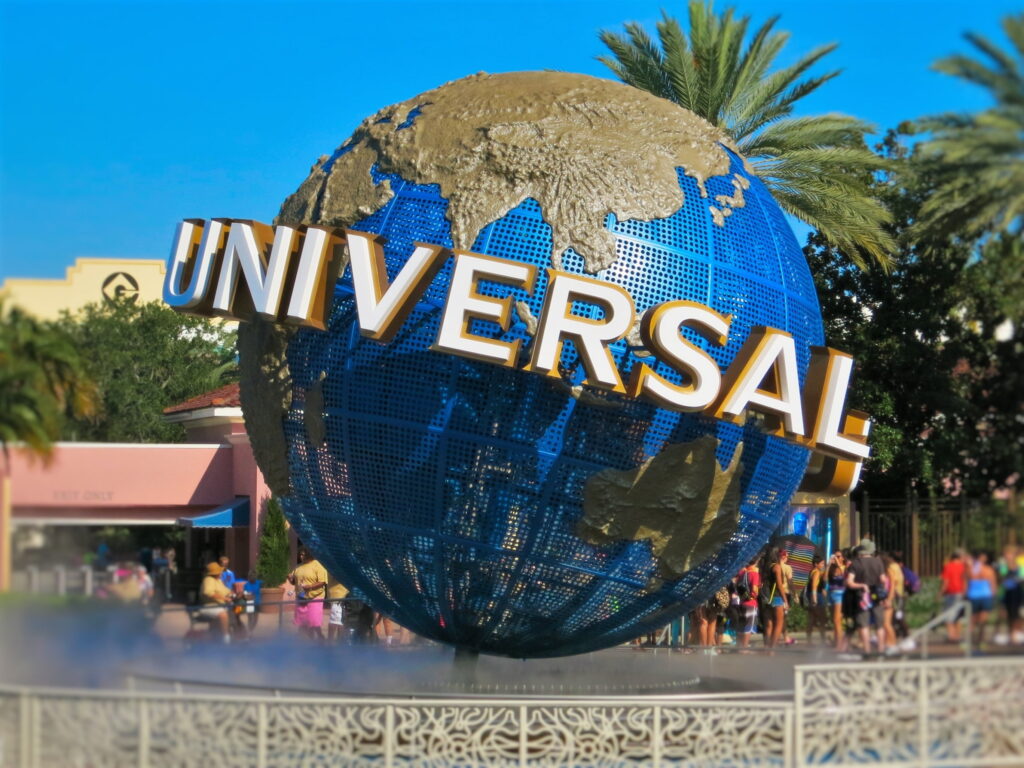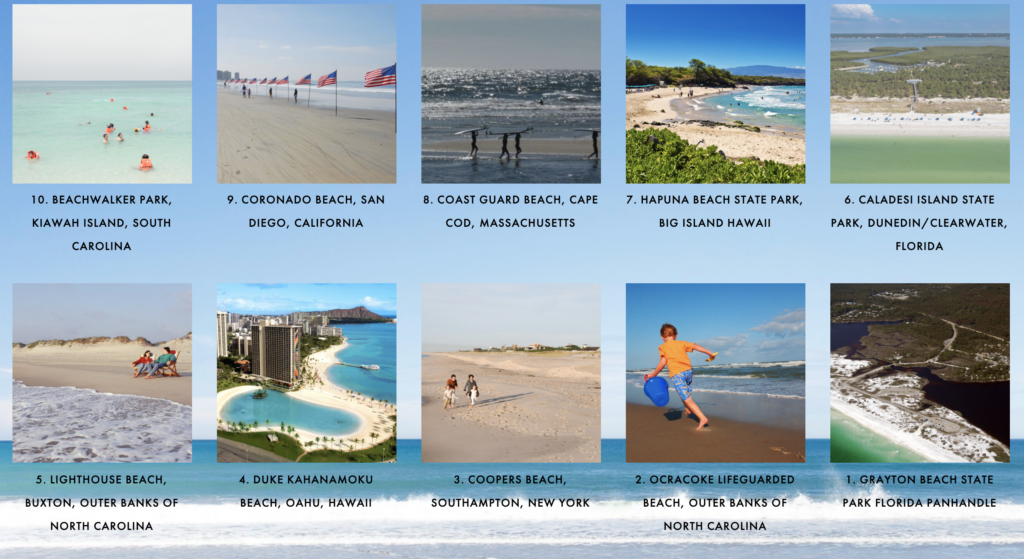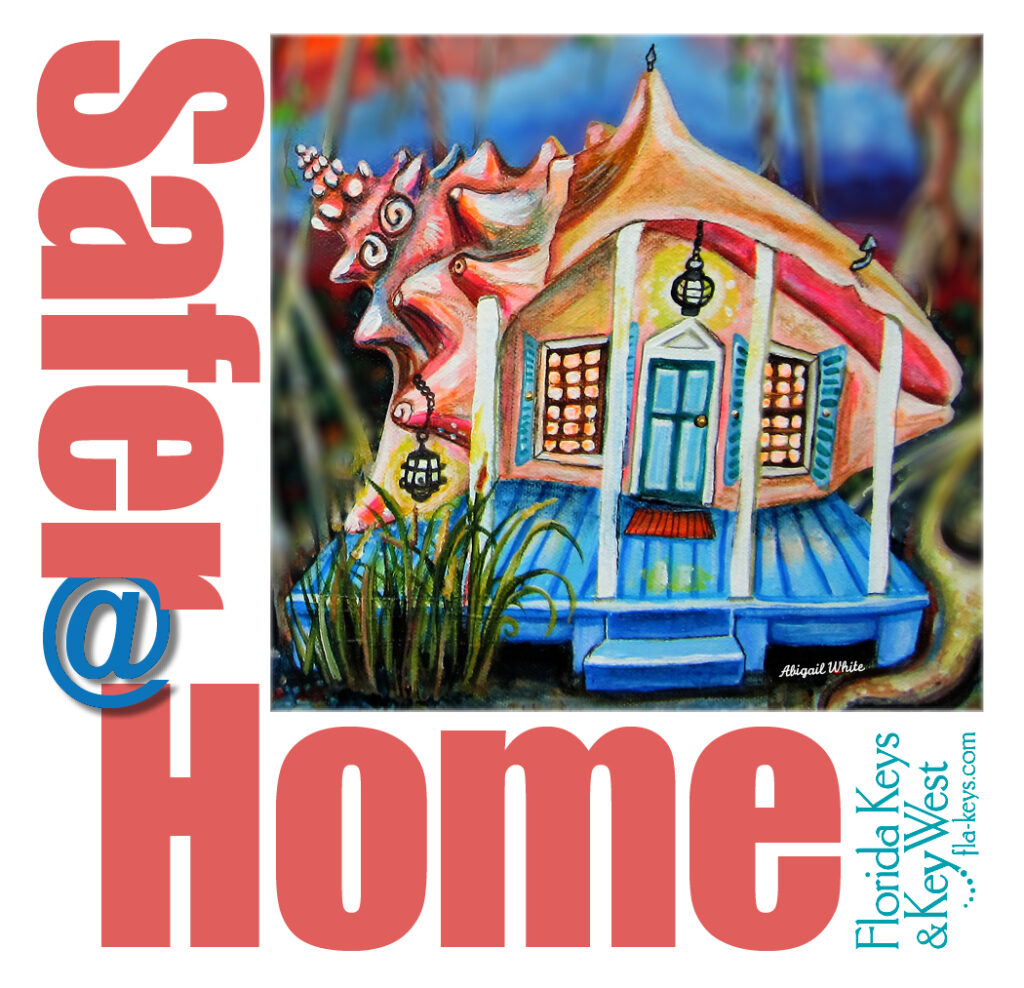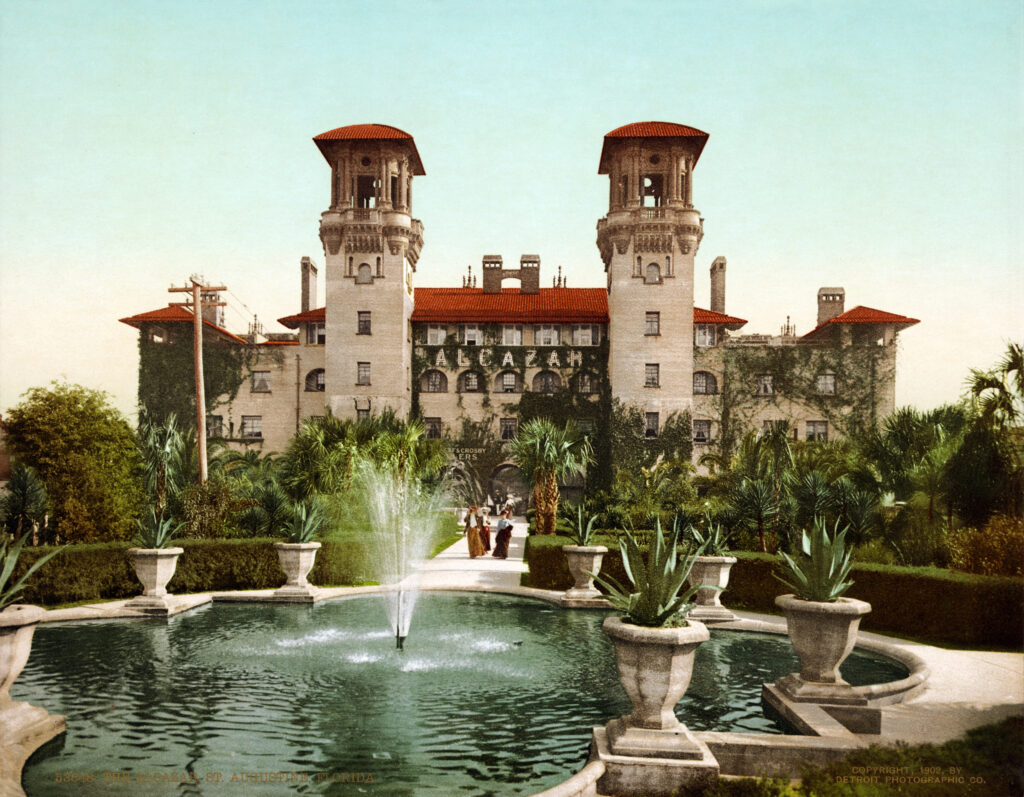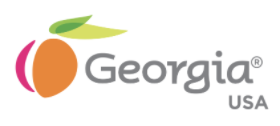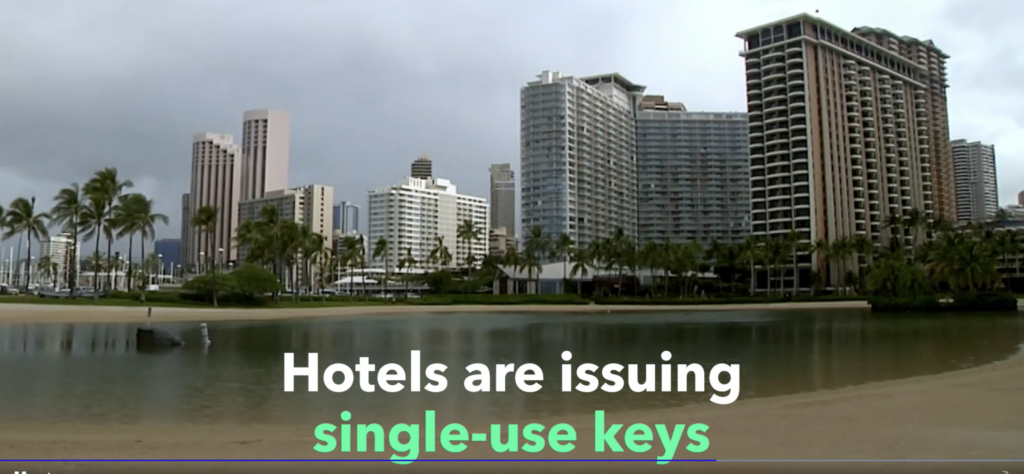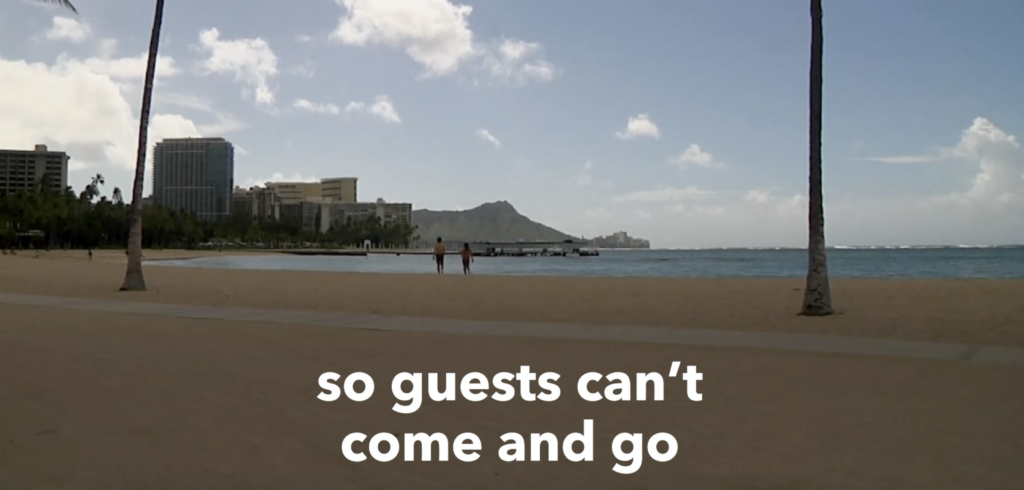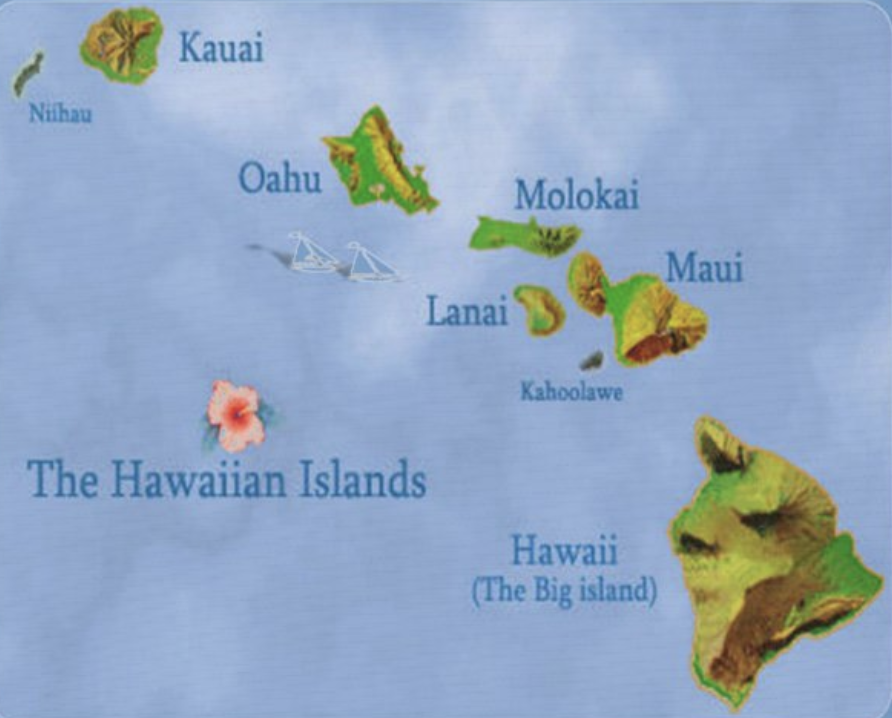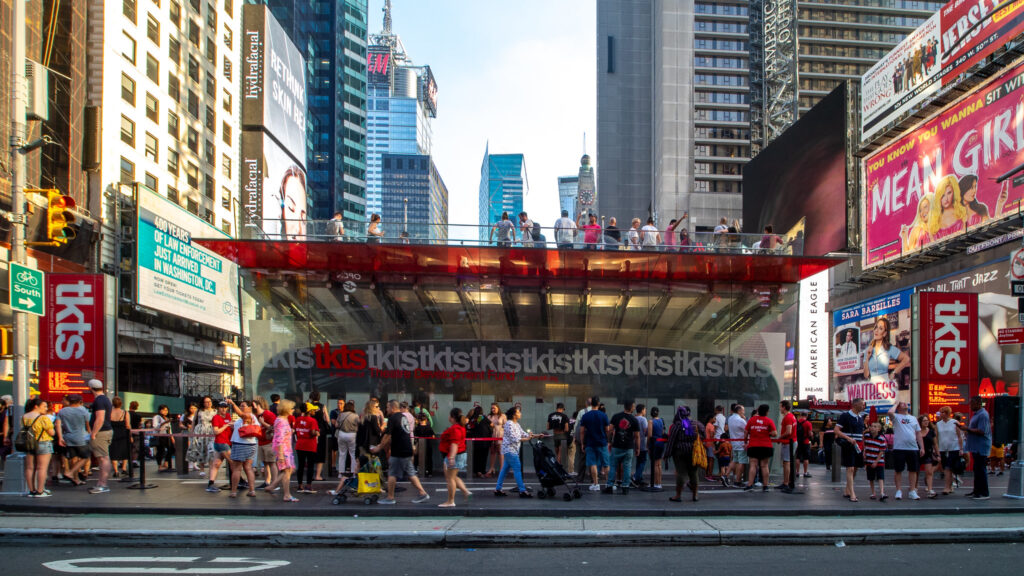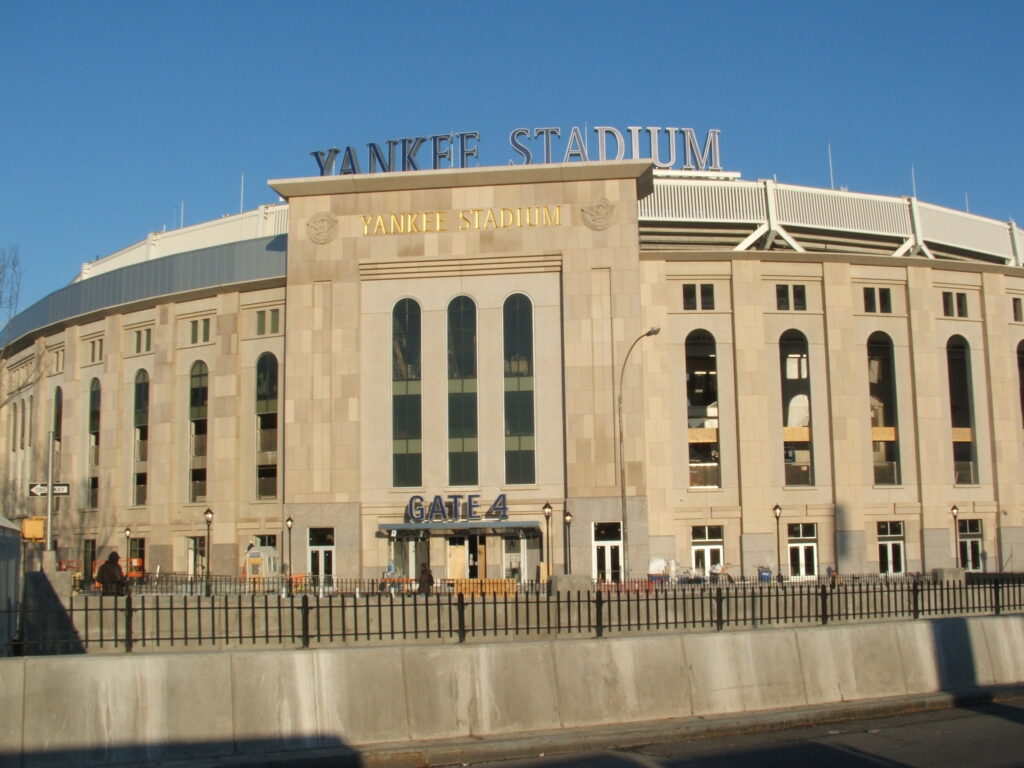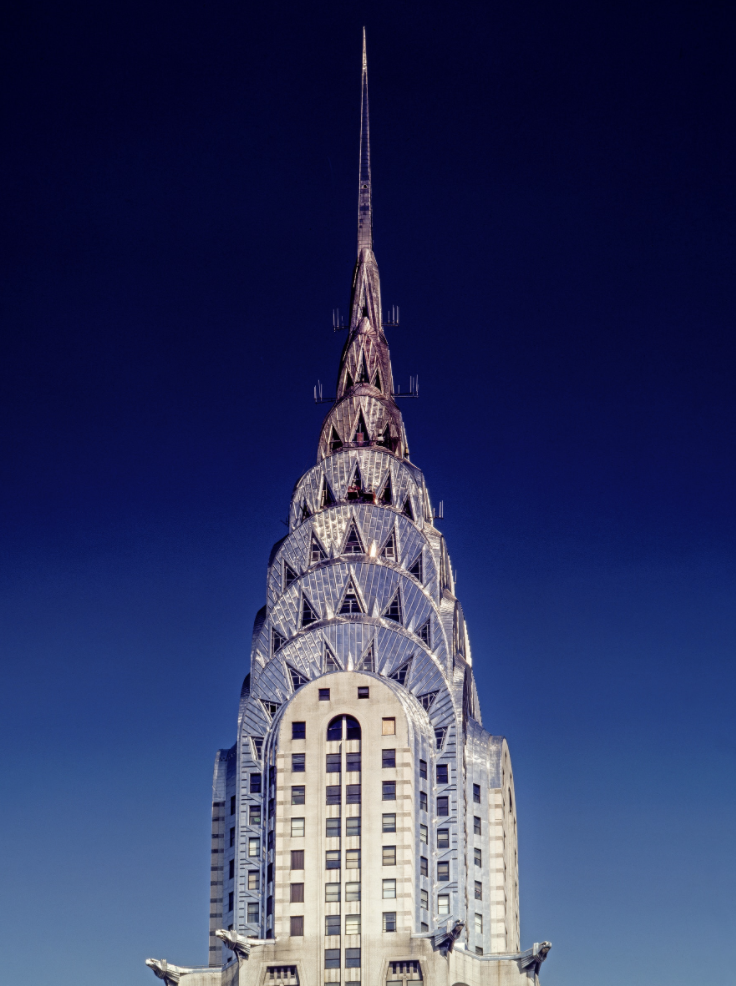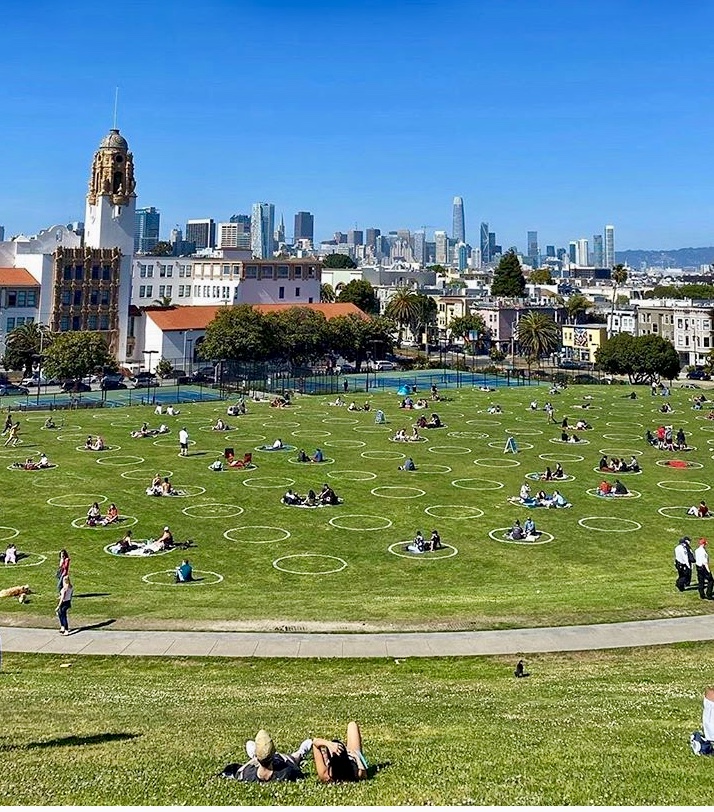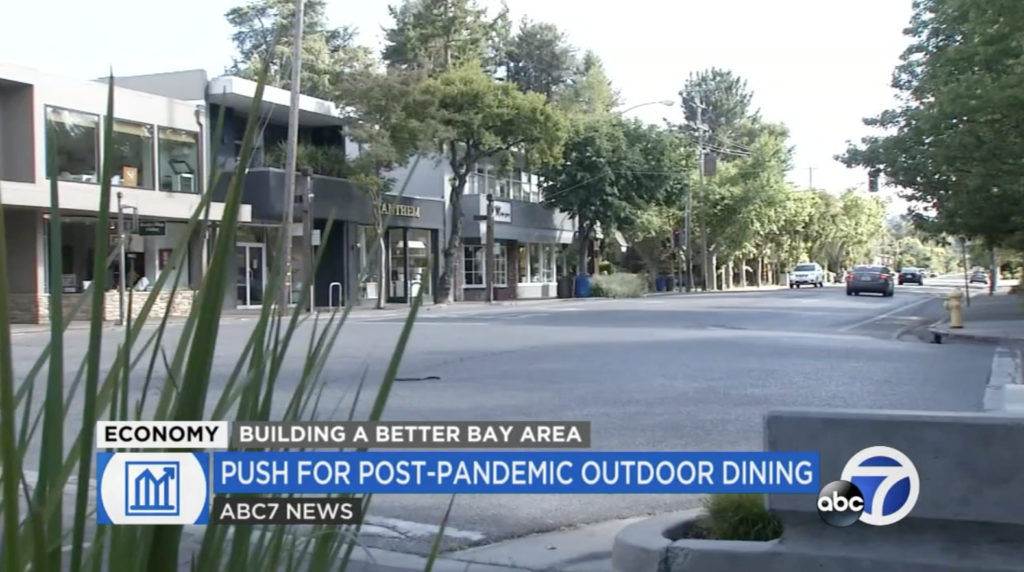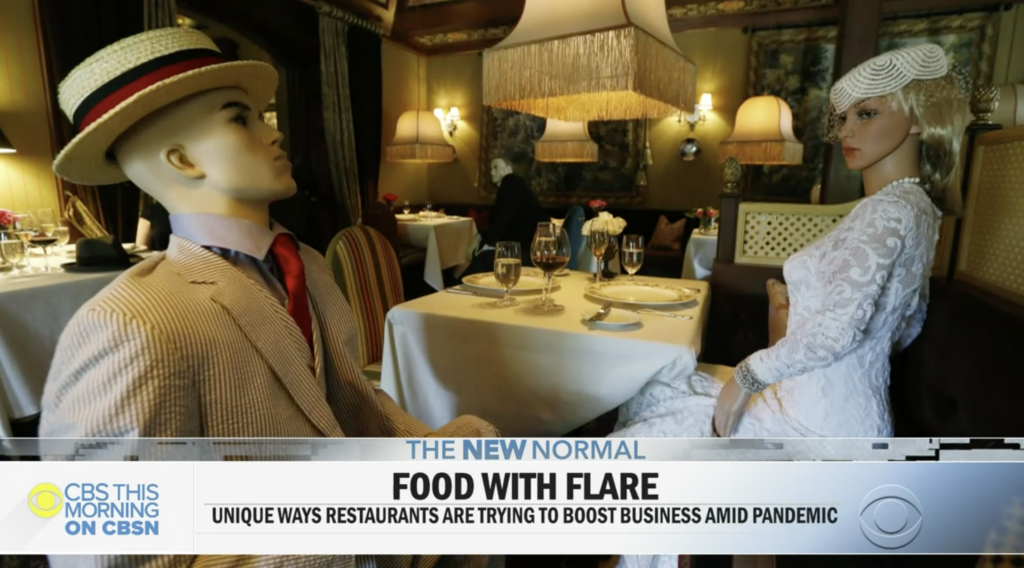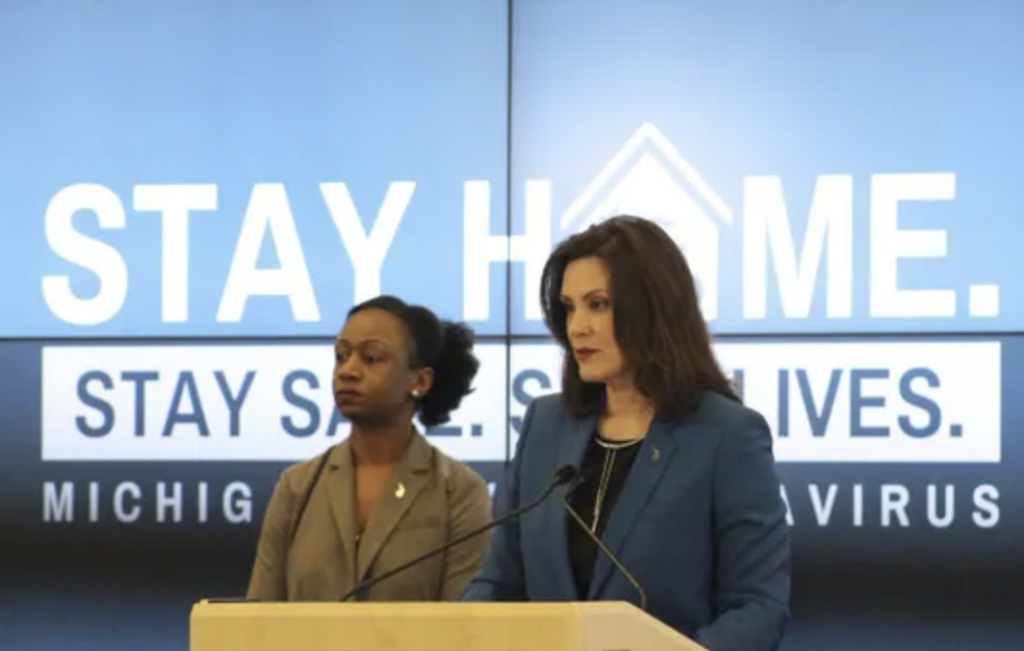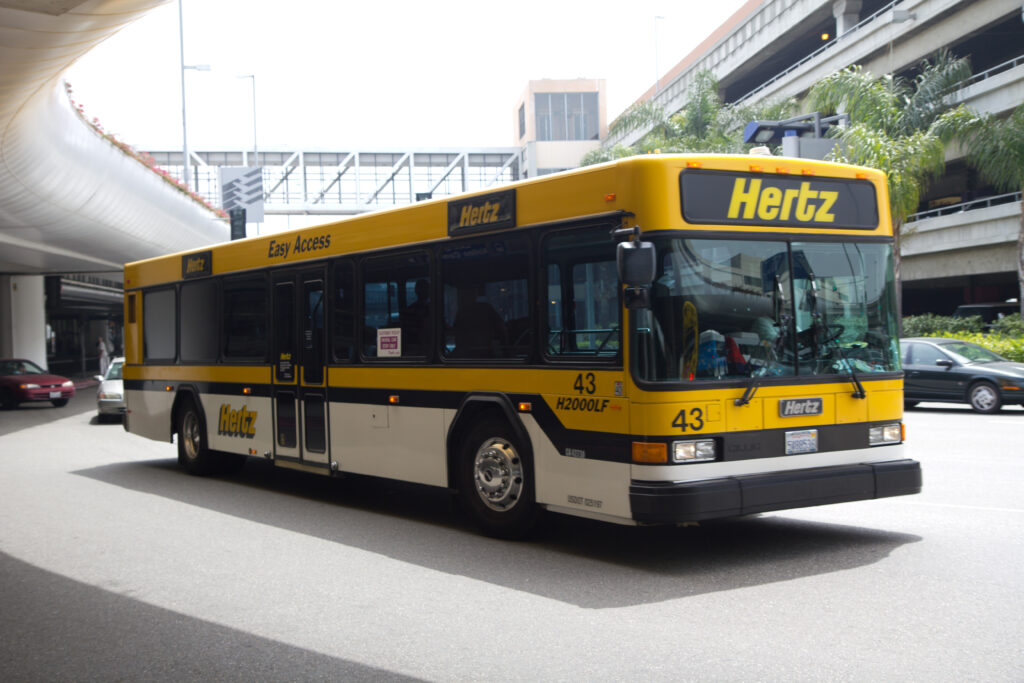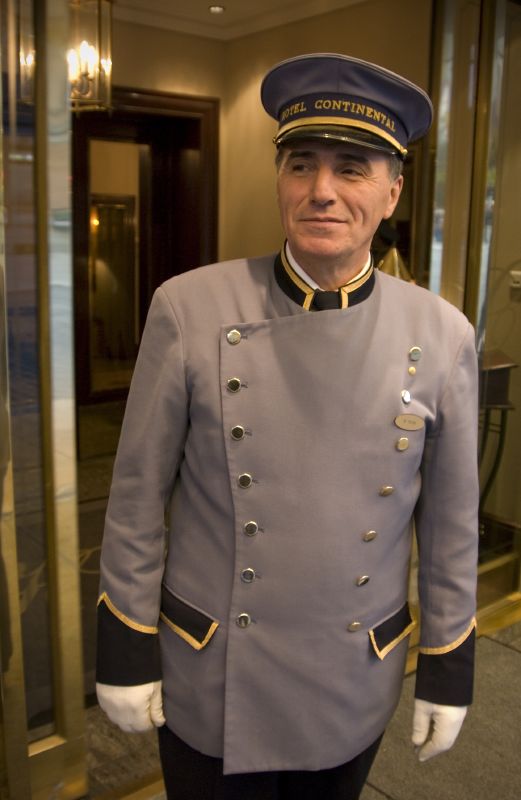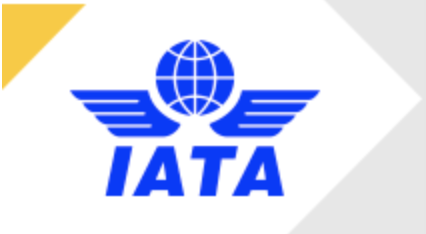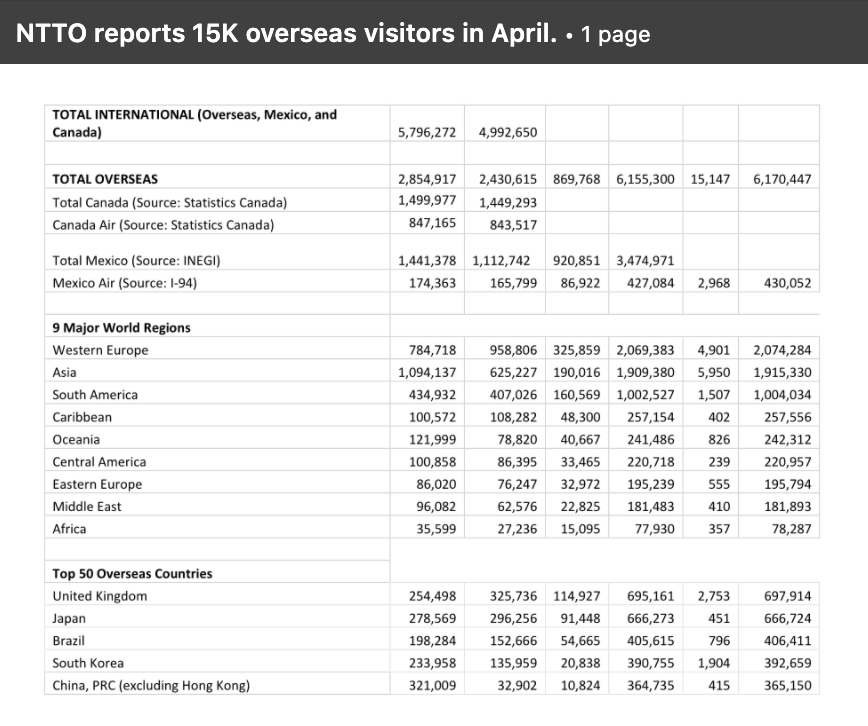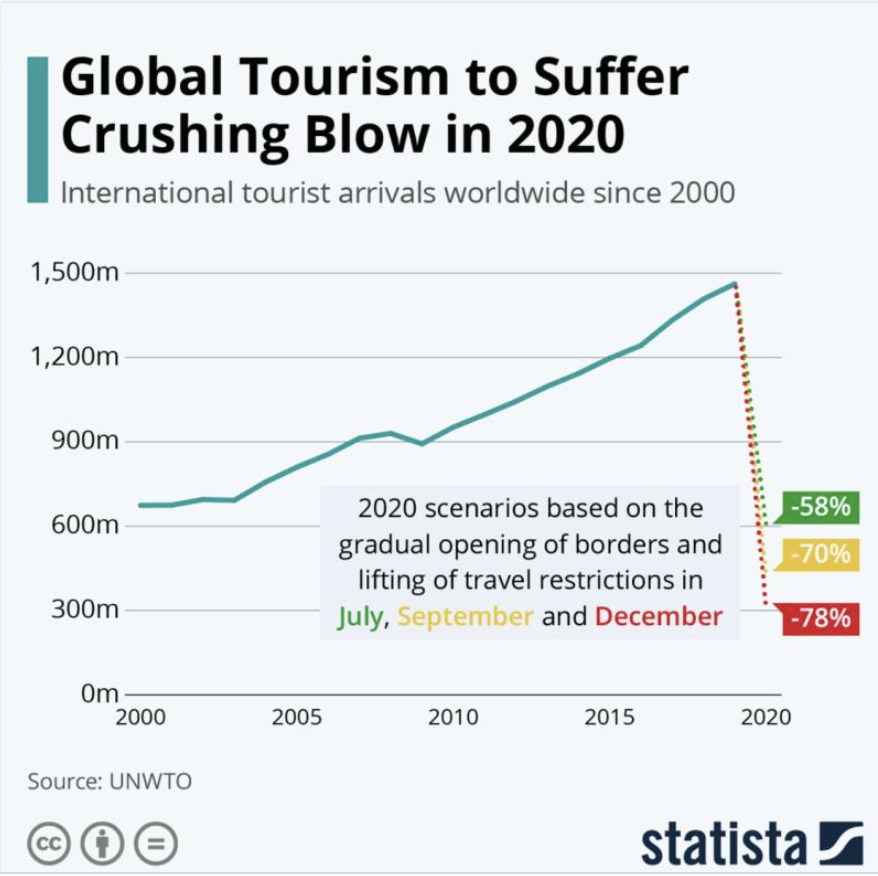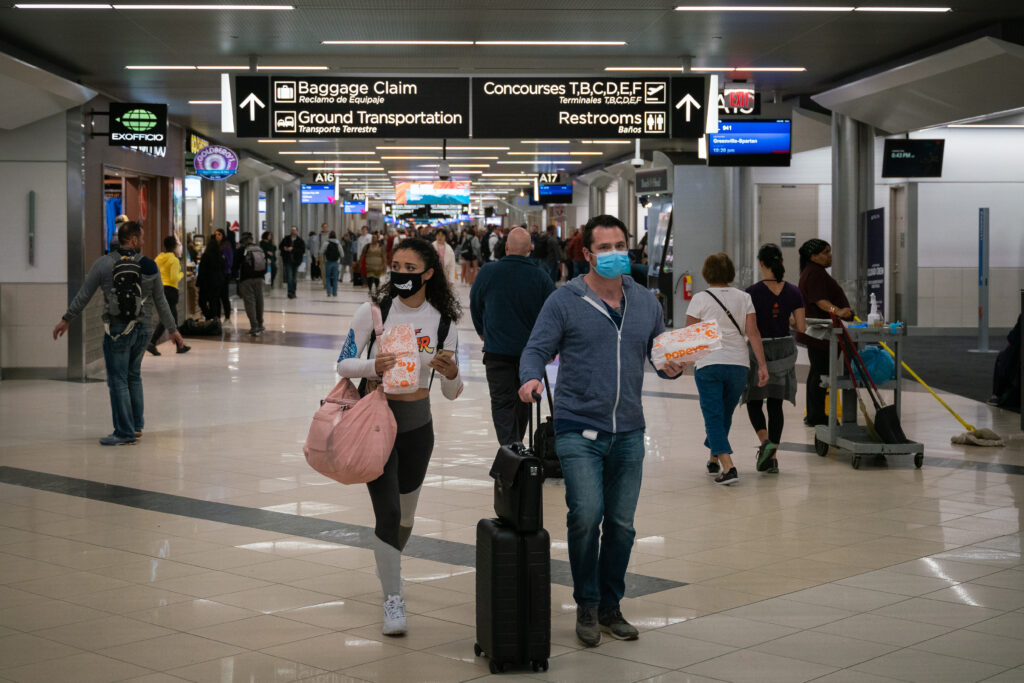
Fred Dixon is the president and CEO of NYC & Company, the destination marketing organization and convention and visitors bureau for New York City.
Brad Dean is the CEO of Discover Puerto Rico, the island’s official tourism promotion organization.
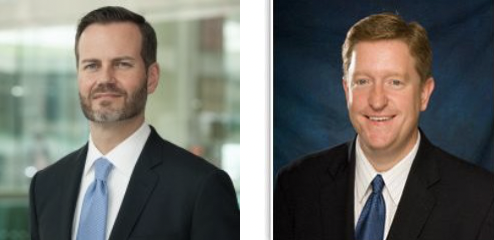
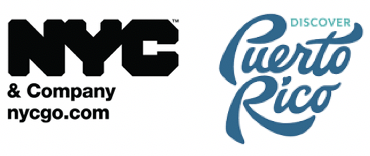
Nonprofits need relief to help the economic recovery, too
“Even as Congress has been aggressive in targeting aid to businesses amid the COVID-19 pandemic, there is a category of organization that has been overlooked thus far, but will be critical to initiating a recovery: nonprofit entities that are responsible for local and regional economic development.
We represent two that are quite different, but equally crucial to our respective jurisdictions: NYC & Company and Discover Puerto Rico, the destination marketing organizations (DMOs) that promote travel to the very tourism-dependent economies we serve.
We share the same fears for the future — for the small businesses that are vital to our communities and for the health and safety of workers and customers alike. We also share goals for the future, and the same belief in the resilience of our destinations and the travel and tourism industry.
DMOs, which include convention and visitor bureaus, are tasked with promoting tourism-reliant businesses, attractions and visitor experiences, as well as attracting events that spur economic development such as meetings, trade shows and conventions. It is the work of DMOs that creates demand and brings visitors who patronize the small businesses we know and love, and it is the work of DMOs that will help power the recovery of America’s travel industry, which (pre-pandemic) generated $2.5 trillion in total output and 15.8 million U.S. jobs.
However, most DMOs carry a nonprofit or quasi-governmental tax status, and therefore do not currently qualify for funds under the Paycheck Protection Program (PPP), the key relief vehicle that provides loan forgiveness for payroll costs, group health care benefits and other operating expenses. DMO budgets are largely dependent on travel-related tax revenues — funding streams that have disappeared in the space of weeks — and have been forced into rounds of layoffs and furloughs just like the private sector.
To keep DMOs afloat until the eventual recovery phase, the loan forgiveness aspect of the PPP is critical: If a DMO’s only survival option is to take on loans, every dollar that’s spent repaying those loans over the next few years will be one dollar less that’s spent on supporting small businesses.
This is essential, because 83 percent of all travel industry companies are small businesses. These are mom-and-pop restaurants, unique shops, boutique inns and independent tour operators — the very businesses the PPP sought to protect. They mostly do not have generous marketing budgets of their own. These businesses are counting on DMOs to help bring back visitors once it is safe to do so.
Though the current crisis is unique in its shape and scope, our homes are no strangers to catastrophe. After the 9/11 attacks, many predicted that New York City would struggle to recover as a vibrant locale for tourism; recent years thankfully have proven the naysayers wrong, as NYC regularly has competed for the title of most-visited destination in the United States. Hurricanes Maria and Irma likewise devastated the tourism economy in Puerto Rico, whose recovery was really just under way when the pandemic hit.
We are proud of the roles our organizations played in sparking the economic rebuild of our respective homes — and we even have faced down adversity together: After Maria, NYC & Company and Discover Puerto Rico forged a partnership to help bring tourism back to Puerto Rico by letting New Yorkers know the island was open for business, while also encouraging Puerto Rican visitation to NYC.
- Millionaires call on governments to tax the rich to pay for virus…
- Trump mulled selling Puerto Rico, former aide says
And when it is safe to do so, NYC & Company and Discover Puerto Rico will be ready to extend a big welcome (and bienvenidos) to the world. But in order to be of service, our organizations first must survive — and for that, we are calling on Congress to expand eligibility of the PPP to nonprofit, quasi-governmental business organizations.”
This article originally appeared in The Hill on June 2, 2020.
Viewpoint: How to save tourism jobs — and the economy
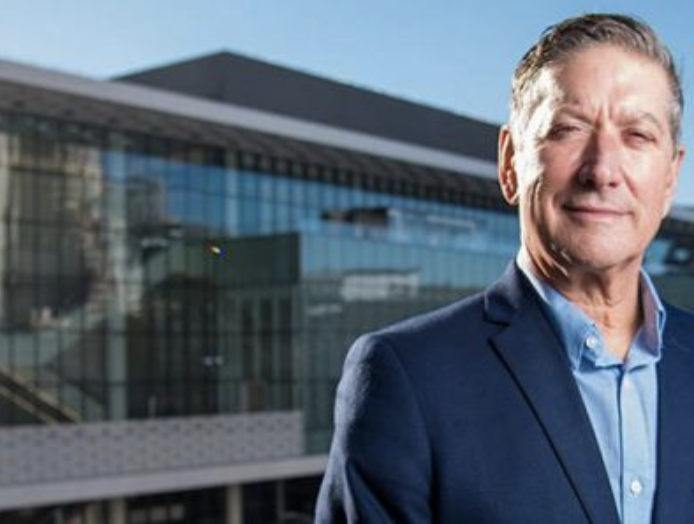
By Joe d’Alessandro
“My position as president and CEO of the San Francisco Travel Association, the official destination marketing organization, lets me combine two great loves: San Francisco and travel. In San Francisco, we welcome visitors from around the world and share our culture, food, the beautiful environment and our diverse way of life.
People who live in San Francisco and the Bay Area know how important tourism is to the region. It’s like knowing that wine is important to the Napa Valley.
In 2019, visitors spent $38.9 billion in the San Francisco region, generating $3.3 billion in local and state taxes and supporting 264,200 jobs.
It’s easy to see that the COVID-19 pandemic has all but wiped out the local tourism industry. Boarded up hotels and shops are a common sight. Restaurants are barely holding on with takeout service and outdoor seating.
At San Francisco Travel, our marketing budget has been wiped out and we have reduced our staff by more than 60 percent. This economic disaster has severely threatened the organization’s ability to bring visitors and economic stability back to our destination.
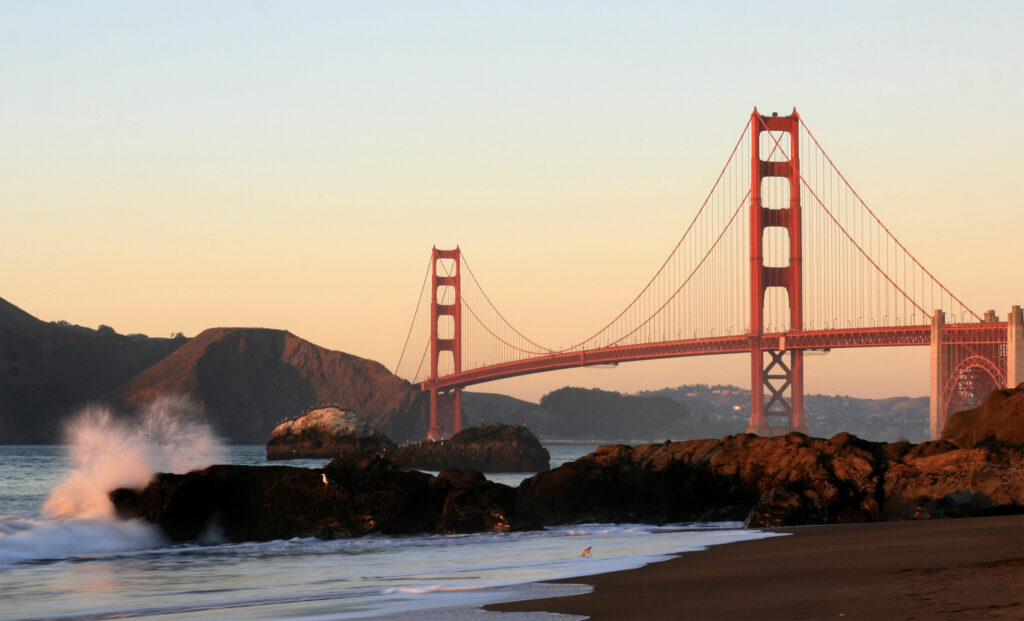
The pandemic also threatens the statewide tourism industry, which has been the quiet economic powerhouse of California for years. According to Visit California, visitor spending has injected $1.3 trillion into our communities in the last decade, filling state and local government treasuries with $107 billion and providing jobs for 1.2 million California workers.
Already, more than half of those 1.2 million workers in California’s tourism industry have lost their jobs.
For every three tourism jobs lost, two more California jobs are at risk. Tens of thousands of small businesses, including florists, farmers, ranchers, fishermen, bakers, brewers, winemakers, coffee roasters, cleaning services, and a host of other producers and service providers all rely on the tourism industry for their livelihoods.
California is the No. 1 travel destination in the country, due in large part to Visit California’s innovative programs that delivered $14.8 billion of additional revenue to the state’s economy in 2019. Visit California does not get tax dollars. The nonprofit is funded by private businesses through a self-imposed assessment.
Tourism dollars are also a critical source of tax revenue for California’s communities. That’s more important than ever as California faces the worst budget crisis in its history, an unprecedented $54 billion deficit through next summer. The closure of California’s tourism industry means state and local governments will lose at least $6.1 billion in tax revenues that fund vital local services — teachers, firefighters, support for vulnerable populations, health and safety, and much more.
But there is a plan that can save these jobs and save our economy: A broad coalition across labor, public safety, hospitality and media have launched an effort to provide a $45 million, one-time emergency stimulus for the travel industry.
The money would go directly to encourage Californians to travel in the state as soon as it is safe, getting workers back on the job quickly.
The campaign would deliver $10.3 billion in revenue to California businesses to rehire workers and $865 million in additional state and local tax revenue, more than repaying the one-time investment. It’s also far less expensive than the $836 million a month it will cost the state to provide unemployment benefits for displaced tourism workers.
San Francisco Travel is depending heavily on Visit California to be the foundation for tourism’s recovery marketing efforts. There is simply no other resource that can provide marketing support for San Francisco and the Bay Area.
The travel industry adds jobs 60% faster than the private sector as a whole. This funding can help jump-start California’s economic recovery.
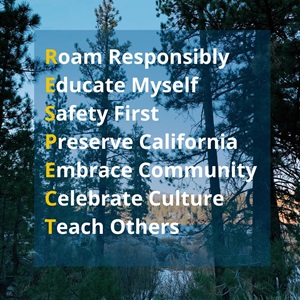
Let’s be clear, the health and safety of Californians has to be the first and most important consideration for opening businesses. But as indicators improve, we need to reopen businesses, put Californians back to work and start welcoming visitors. Our economic survival depends on it.
Tourism has proved it can be one of the fastest industries to drive economic recovery after a crisis. This was the case post-9/11, when Gov. Gray Davis made a one-time allocation to Visit California to get Californians to rediscover our great state. The campaign boosted in-state travel 10% in 2001-2002.
This strategy again can provide a ripple effect that moves beyond the travel and tourism sector to infuse money back into our communities.
As we work to recover from this crisis, the list of funding needs is long. But this stimulus is one that will give back immediately, by contributing jobs, tax dollars, and a jump-start to economic recovery for the state.
Please contact your legislators and tell them that travel and tourism is vital and ask their support to help the tourism industry — and California — get back to work.”
Commentary appeared on July 10, 2020 in San Francisco Business Times.
How Congress can revive Florida’s travel and tourism industry
By Richard Goldman, president and CEO of St. Augustine, Ponte Vedra & The Beaches Visitors and Convention Bureau.

“Here on Florida’s Historic Coast and in communities around the nation, one of the industries hit hardest by the COVID-19 pandemic is travel and tourism.
It is also one of the industries best-equipped to help lead an economic recovery: nationally, travel generated $2.6 trillion in annual economic activity before the pandemic; the industry restored jobs faster than any other after the 2000s financial crisis; and there is evidence of pent-up travel demand that will be unleashed once the worst of the health crisis abates.
But maximizing travel’s recuperative potential will require the work of destination marketing entities like the St. Augustine, Ponte Vedra & The Beaches Visitors and Convention Bureau.
Like most destination marketing organizations (DMOs), our budget is dependent upon tourism revenues that dried up almost completely in just a few short weeks. Also like most DMOs, we are a non-profit organization, meaning we are not currently eligible for relief under the main financial assistance vehicle authorized by the U.S. Congress, the Paycheck Protection Program (PPP). For Florida and other states whose economies rely heavily on tourism, Congress must rectify that, and quickly.
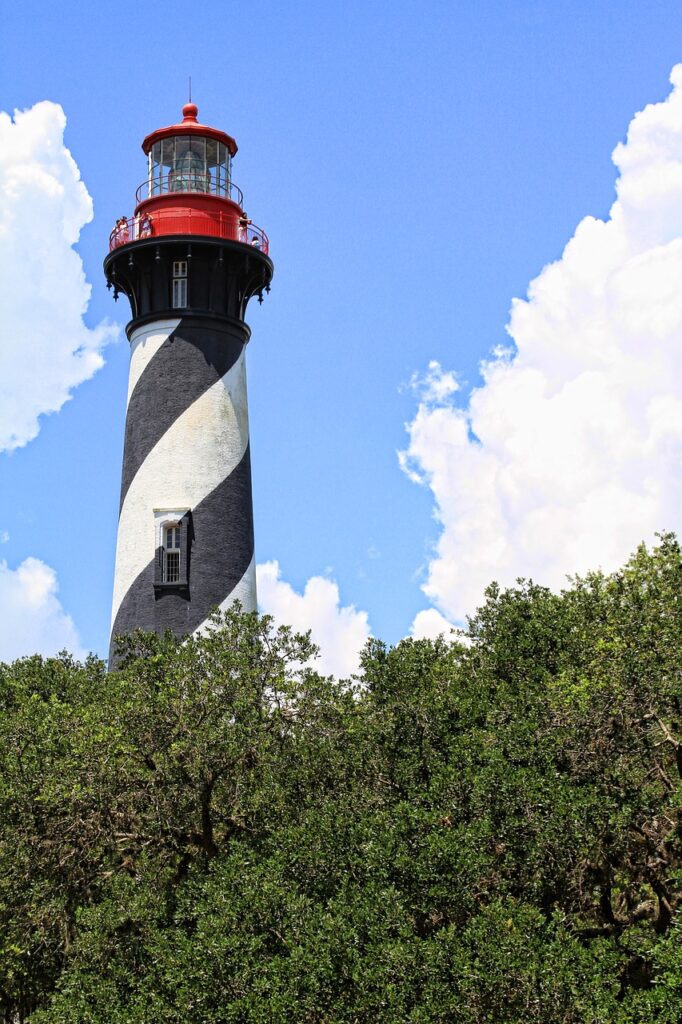
The mission of DMOs, which include convention and visitors bureaus, is to drive demand for businesses, attractions and visitor experiences. They also attract events that are enormous generators of economic activity, such as trade shows and conventions. DMOs are vital to local economic development, and will play a critical role in bringing back essential tourism revenues.
By definition, DMOs are small business champions—in fact, 83% of all travel industry companies are small businesses. DMOs represent the beloved businesses that give our great destination its unique character, businesses that may not otherwise have a means of promoting themselves to visitors from outside the region. These are the small businesses we know and love, our friends and neighbors.
A report from the U.S. Travel Association found that more than half of all travel-related jobs in the U.S. have disappeared since the outbreak of the pandemic—driving an unemployment number (51%) that is more than twice the 25% rate the country as a whole experienced at the height of the Great Depression. According to the Department of Economic Opportunity, more than 3,700 tourism related employees have filed for reemployment assistance in St. Johns County.
While the PPP will help small businesses keep workers employed for a short time, DMOs will be critical to driving the demand that will permanently restore these lost jobs and fueling an economic recovery around the nation and right here on the Historic Coast. It is the work of DMOs that will bring back visitors to our historic sites, resorts, boutique hotels, and B&Bs, thriving arts scene, unique shops and restaurants, relaxing spas and world-class beaches.
That is why an especially critical aspect of the PPP is loan forgiveness: if a DMO’s only chance for survival is to take out loans, every dollar spent repaying those loans over the next few years will be one dollar less that’s spent on supporting small businesses. This would effectively stifle America’s overall recovery efforts.
Not to be overlooked: DMOs have historically played indispensable roles in their communities in times of crisis, from helping to share critical public health messaging to leading informational campaigns that extend well beyond local residents. As Florida’s travel industry attempts to navigate the “new normal” ahead of us, DMOs will have an essential role to play at the helm of the recovery process.
The road ahead of us is difficult, but America and the world will travel again. We did so after 9/11, after the 2008 financial meltdown, and after health scares such as Zika, H1N1 and SARS. Through countless crises, the travel industry has shown its resiliency and demonstrated the ability to bounce back from hard times. This is our toughest challenge yet, but my faith in travel’s recovery remains strong.

Congress can help mitigate the damage, shorten the recovery time and assist small businesses by extending PPP eligibility to both non-profit and quasi-governmental DMOs, like St. Augustine, Ponte Vedra & The Beaches, which are indispensable engines of local and regional economic development.”
This opinion was published in The St. Augustine Record on July 11, 2020.
